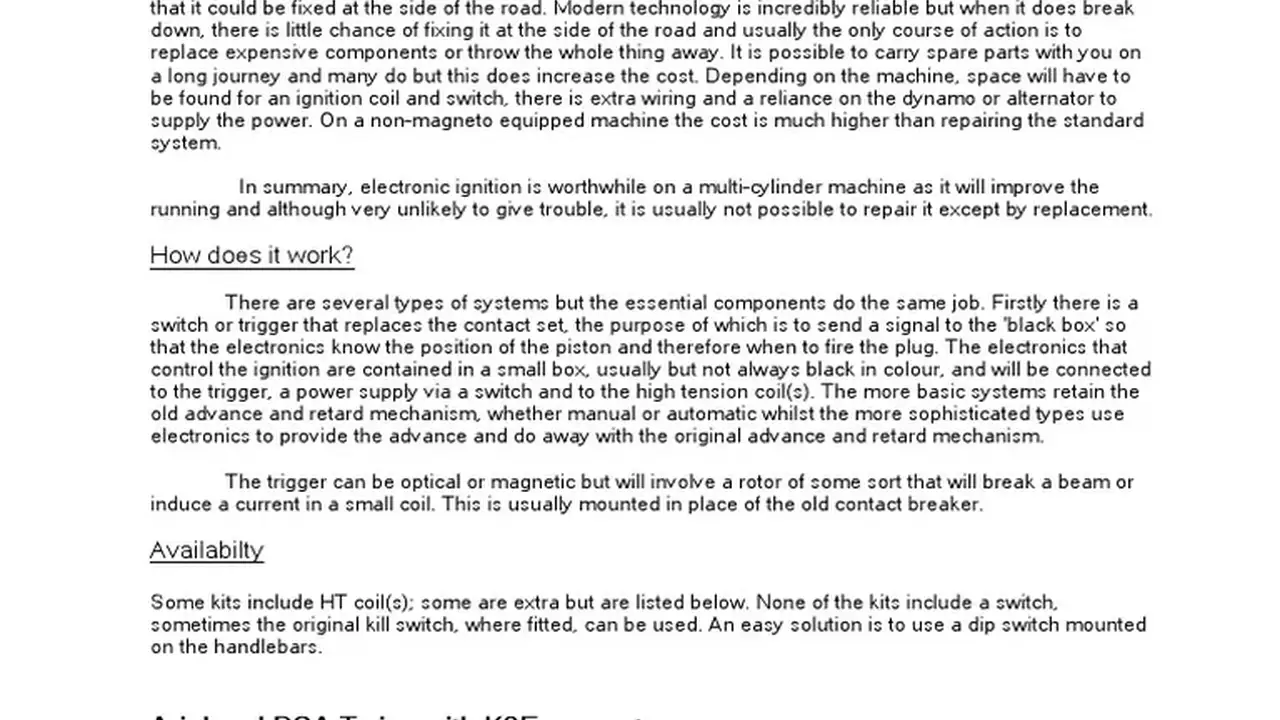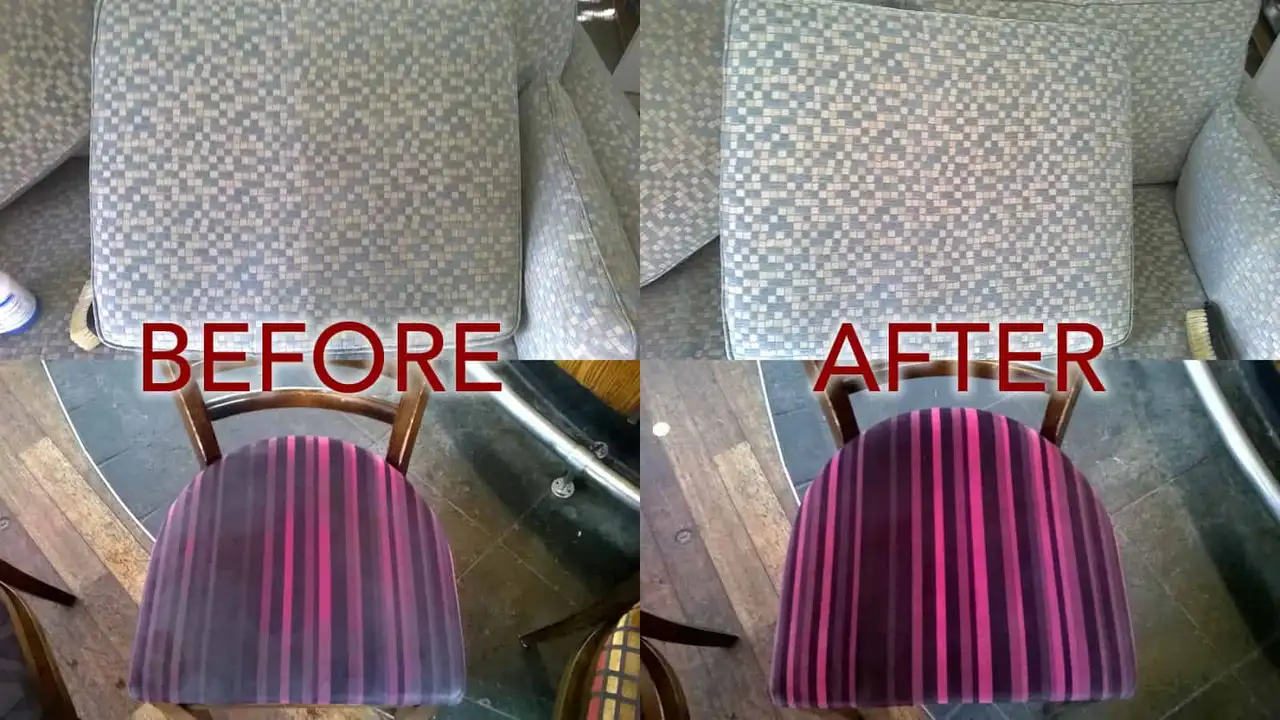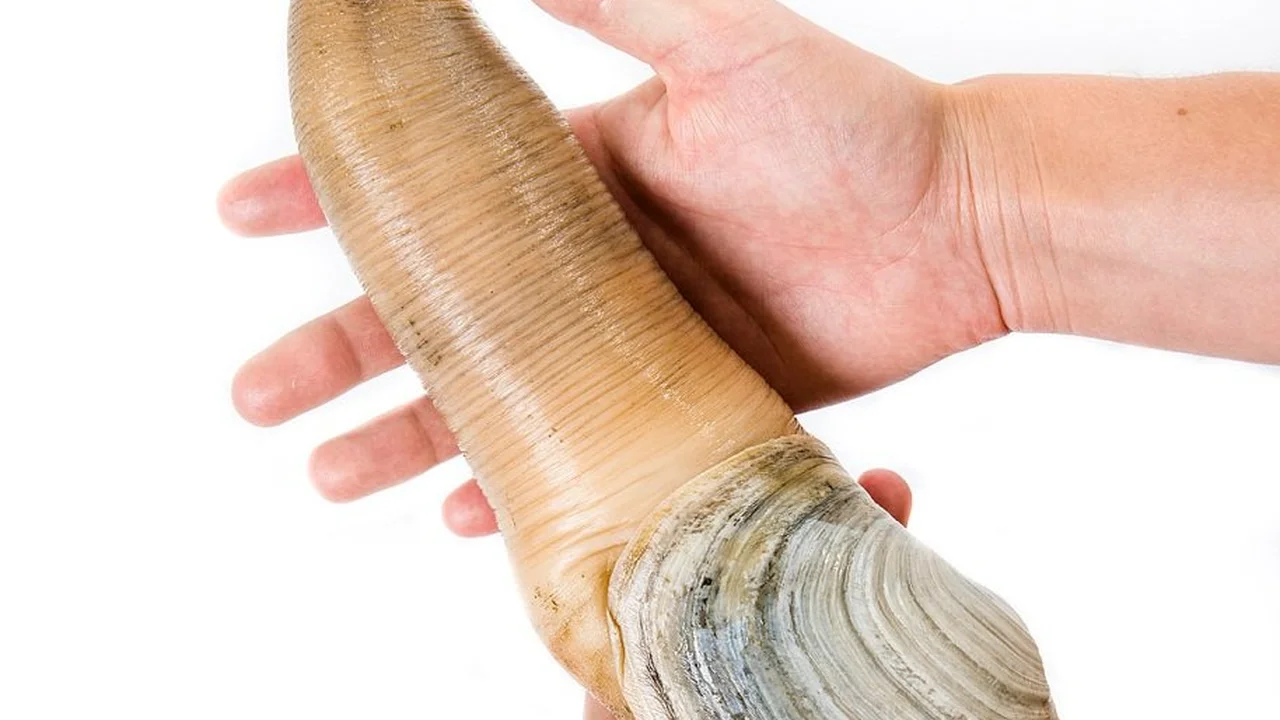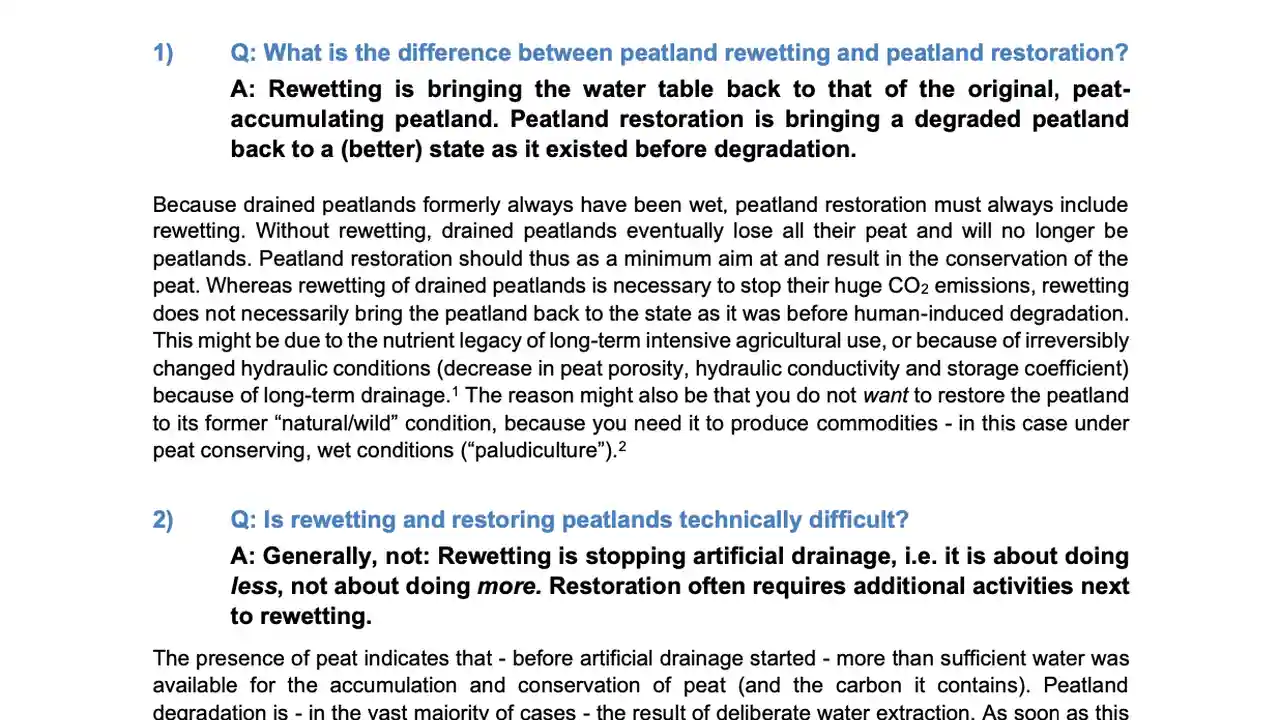Preventative Maintenance: Extending Your Car's Life
Protect your investment with classic car insurance Learn about different types of coverage and how to choose the right policy Ensure your car is adequately protected in case of an accident
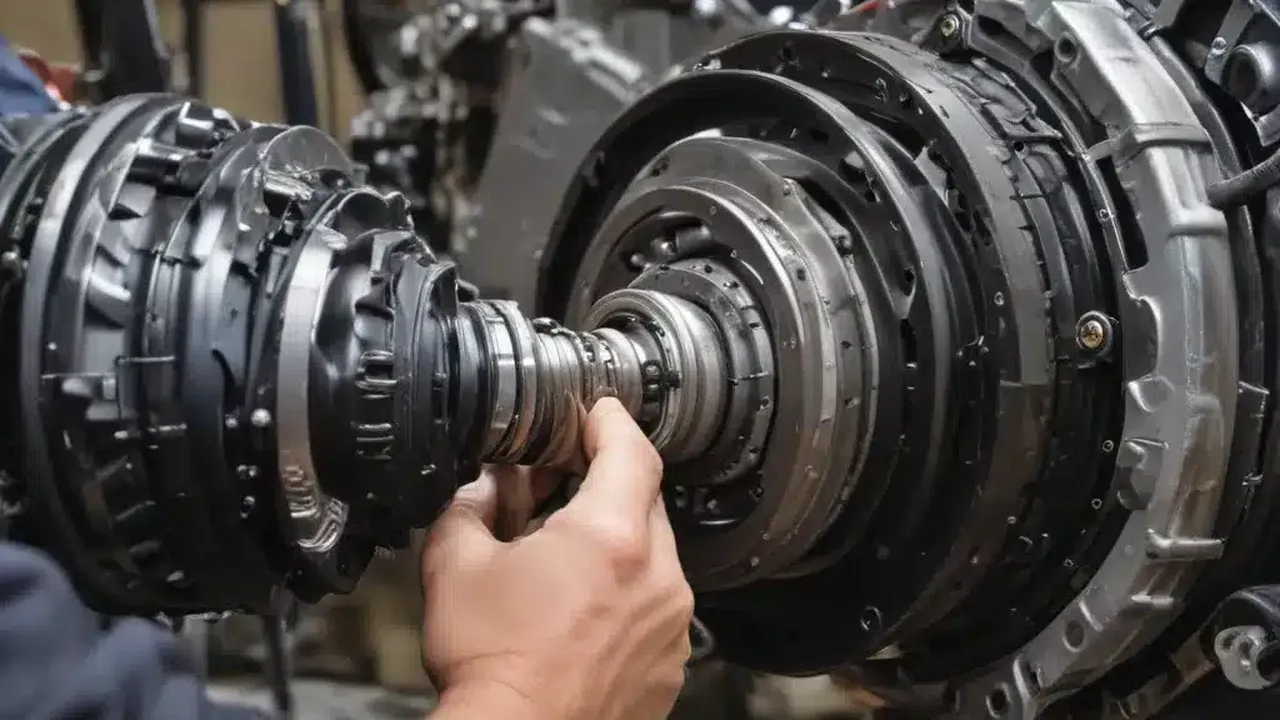
Why Preventative Maintenance Matters for Your Classic Car
Alright, let's talk about preventative maintenance. You've poured your heart, soul, and probably a good chunk of your bank account into restoring your classic car. The last thing you want is for it to break down on you unexpectedly. Preventative maintenance is all about keeping your ride in tip-top shape, avoiding those nasty surprises, and ultimately, extending its lifespan. Think of it as regular check-ups for your four-wheeled baby.
Regular Servicing: The Foundation of Longevity
Regular servicing is the cornerstone of preventative maintenance. This isn't just about changing the oil; it's a comprehensive check-up of all the vital systems in your classic car. We're talking about:
- Oil Changes: The lifeblood of your engine. Old oil can become sludgy and lose its lubricating properties, leading to increased wear and tear.
- Filter Replacements: Oil, air, and fuel filters keep contaminants out of your engine. Clogged filters reduce performance and can even cause damage.
- Spark Plug Inspection/Replacement: Spark plugs ignite the fuel-air mixture in your engine. Worn plugs can cause misfires and reduce fuel efficiency.
- Fluid Checks: Coolant, brake fluid, power steering fluid, and transmission fluid all need to be at the correct levels and in good condition.
- Belt and Hose Inspection: Belts and hoses can crack, fray, and leak over time. Replacing them proactively prevents breakdowns.
How often should you service your classic car? It depends on the make, model, and how often you drive it. Consult your owner's manual or a trusted mechanic for specific recommendations. But generally, aiming for an oil change every 3,000 miles or every year is a good starting point.
Fluid Changes: Keeping Everything Running Smoothly
Let's dive a bit deeper into fluid changes. Each fluid in your classic car plays a critical role, and keeping them fresh is essential.
- Engine Oil: As mentioned earlier, regular oil changes are crucial. Consider using a high-quality oil specifically designed for classic cars. These oils often contain additives that help protect older engines.
- Coolant: Coolant prevents your engine from overheating. Over time, coolant can become acidic and corrode the cooling system. Flush and replace your coolant every two years.
- Brake Fluid: Brake fluid absorbs moisture, which can lead to corrosion and reduced braking performance. Flush and replace your brake fluid every two years.
- Transmission Fluid: Transmission fluid lubricates the gears in your transmission. Old fluid can cause rough shifting and even transmission failure. Replace your transmission fluid according to your owner's manual.
- Power Steering Fluid: Power steering fluid lubricates the power steering system. Low fluid levels can cause noisy steering and reduced power assist. Check and top off your power steering fluid regularly.
Component Inspections: Catching Problems Early
Regular component inspections can help you catch potential problems before they become major headaches. Here are some key areas to focus on:
- Brakes: Inspect brake pads, rotors, calipers, and brake lines for wear and damage. Replace worn components promptly.
- Suspension: Inspect shocks, springs, bushings, and ball joints for wear and damage. Replace worn components to maintain proper handling and ride quality.
- Tires: Inspect tires for wear, damage, and proper inflation. Rotate your tires regularly to ensure even wear.
- Exhaust System: Inspect the exhaust system for leaks and corrosion. Repair or replace damaged components to prevent exhaust fumes from entering the cabin.
- Electrical System: Inspect wiring, connectors, and fuses for damage and corrosion. Repair or replace damaged components to prevent electrical problems.
Recommended Products and Their Applications
Now, let's talk about some specific products that can help you with preventative maintenance. These are just a few suggestions, and the best choice for your classic car will depend on its make, model, and specific needs.
Engine Oil Recommendations
- Valvoline VR1 Racing Oil: This oil is specifically formulated for classic cars with flat-tappet camshafts. It contains high levels of zinc and phosphorus, which provide excellent wear protection. Price: Around $50 per 5-quart jug.
- Brad Penn Grade 1 High Performance Oil: Another excellent choice for classic cars with flat-tappet camshafts. It also contains high levels of zinc and phosphorus. Price: Around $60 per 5-quart jug.
- Castrol GTX Classic Motor Oil: A good general-purpose oil for classic cars. It's formulated to protect older engines and prevent sludge buildup. Price: Around $30 per 5-quart jug.
Coolant Recommendations
- Prestone Antifreeze/Coolant: A reliable and widely available coolant. Make sure to choose the correct type for your classic car (e.g., green for older vehicles, orange for newer vehicles). Price: Around $20 per gallon.
- Evans Waterless Coolant: This coolant doesn't contain water, which eliminates the risk of corrosion and boiling over. It's a more expensive option, but it can provide superior protection. Price: Around $40 per gallon.
Fuel Stabilizer Recommendations
- STA-BIL Fuel Stabilizer: If you're storing your classic car for an extended period, add a fuel stabilizer to the gas tank to prevent fuel from degrading and causing problems. Price: Around $10 per bottle.
Comparing Products: Making the Right Choice
Choosing the right products for your classic car can be overwhelming. Here's a quick comparison of some of the products mentioned above:
| Product | Pros | Cons | Best For |
|---|---|---|---|
| Valvoline VR1 Racing Oil | Excellent wear protection, high zinc and phosphorus levels | Can be more expensive than other oils | Classic cars with flat-tappet camshafts |
| Brad Penn Grade 1 High Performance Oil | Excellent wear protection, high zinc and phosphorus levels | Can be more expensive than other oils | Classic cars with flat-tappet camshafts |
| Castrol GTX Classic Motor Oil | Good general-purpose oil, affordable | May not provide as much wear protection as other oils | General maintenance for classic cars |
| Prestone Antifreeze/Coolant | Reliable, widely available, affordable | Contains water, which can cause corrosion | General coolant replacement |
| Evans Waterless Coolant | Eliminates corrosion and boiling over | More expensive than other coolants | Superior protection for cooling systems |
| STA-BIL Fuel Stabilizer | Prevents fuel degradation during storage | Only needed for long-term storage | Storing classic cars for extended periods |
The Importance of Documentation
Finally, don't forget to document all of your preventative maintenance activities. Keep a detailed record of all services performed, parts replaced, and fluids changed. This documentation will not only help you keep track of your car's maintenance history but also increase its value when you eventually decide to sell it.
Avoiding Costly Repairs with Preventative Maintenance
Think about the cost of replacing an engine versus the cost of regular oil changes. The difference is significant. Preventative maintenance might seem like an expense, but it's an investment in the long-term health and value of your classic car. By taking care of your car now, you can avoid costly repairs down the road and enjoy it for many years to come.
:max_bytes(150000):strip_icc()/277019-baked-pork-chops-with-cream-of-mushroom-soup-DDMFS-beauty-4x3-BG-7505-5762b731cf30447d9cbbbbbf387beafa.jpg)



